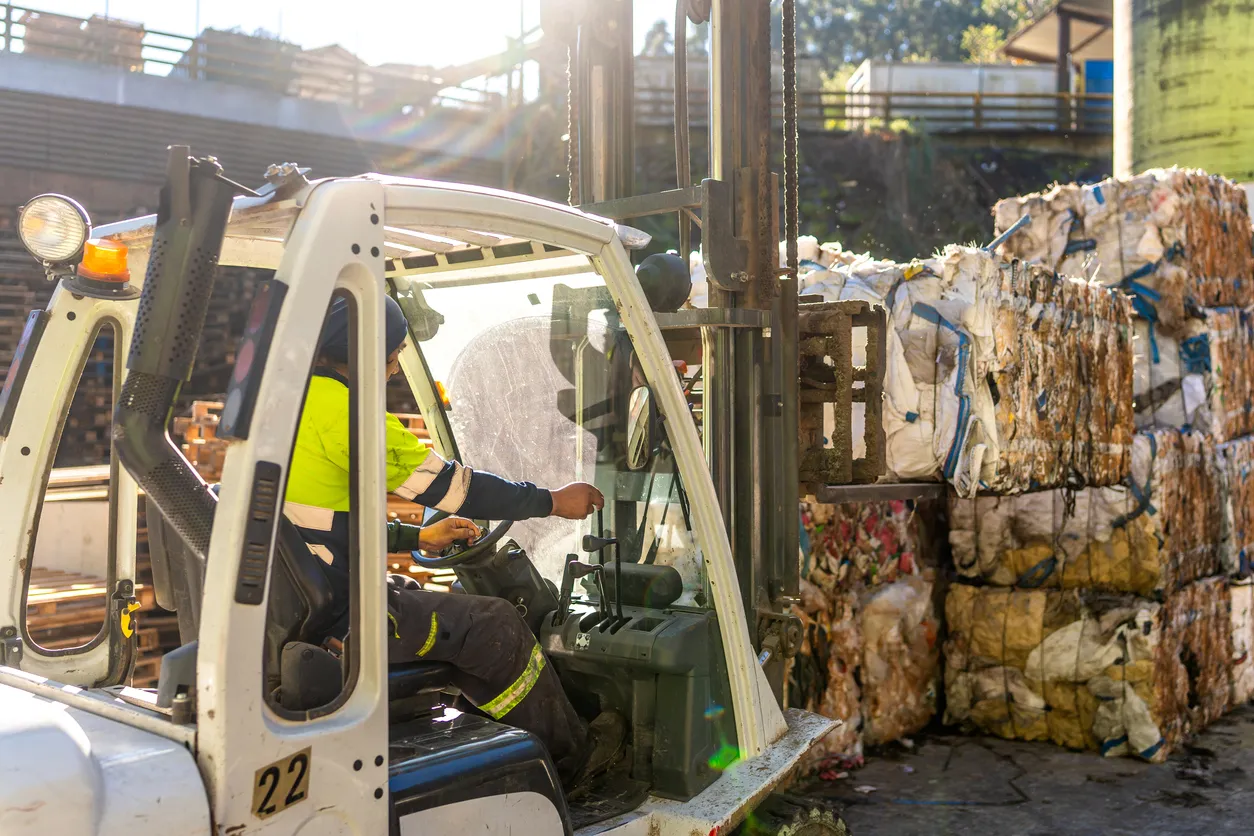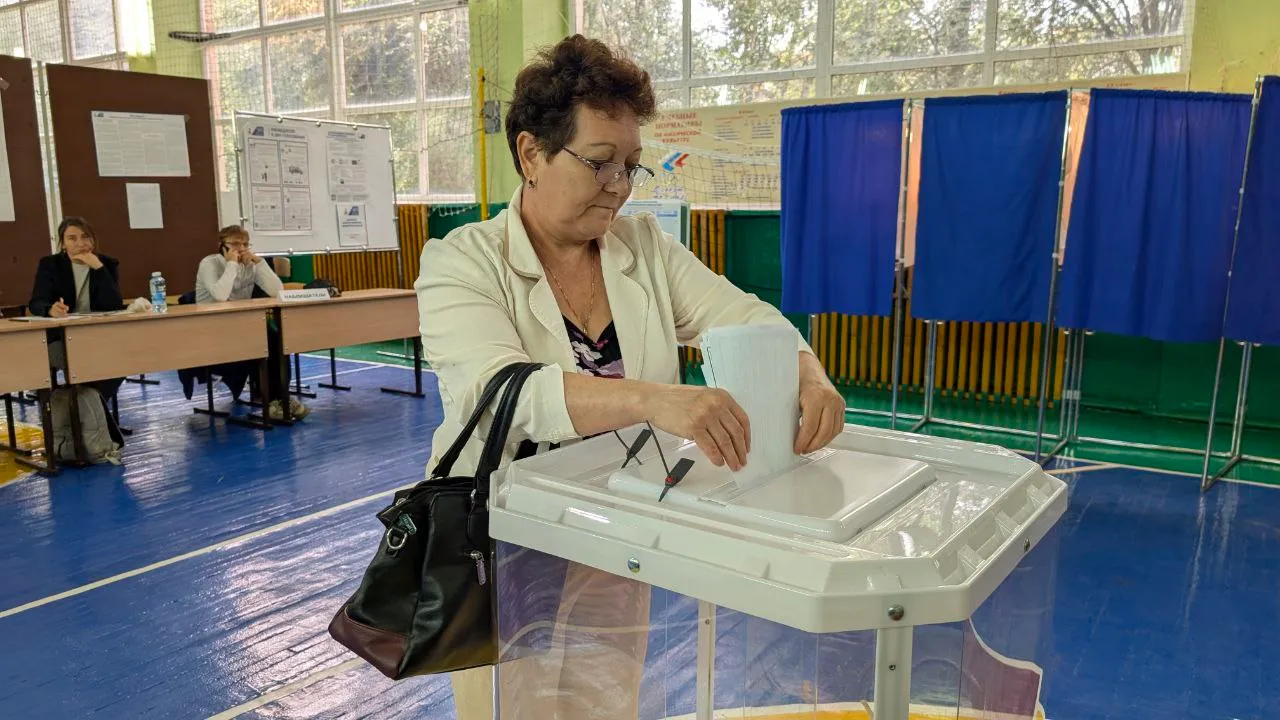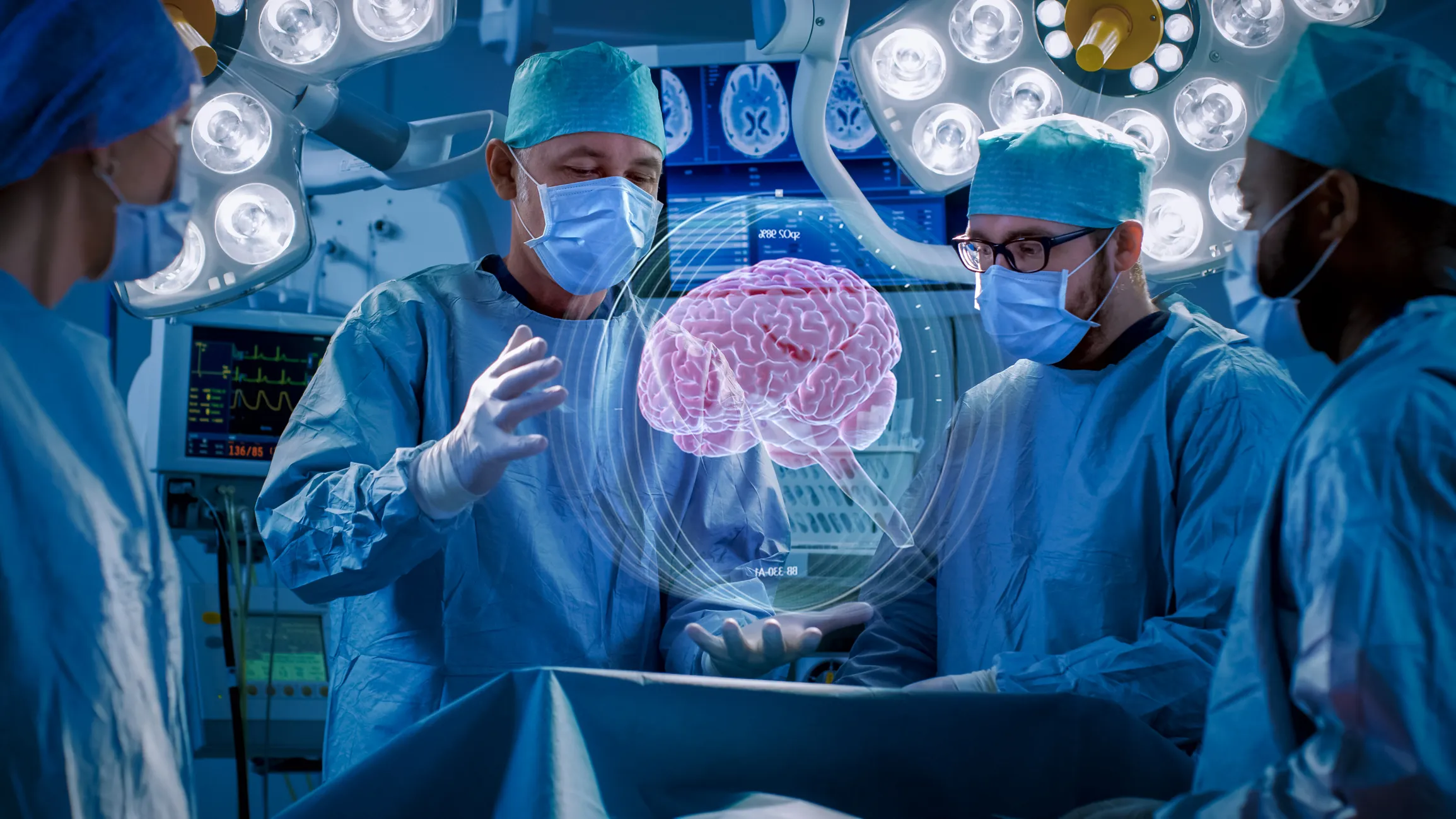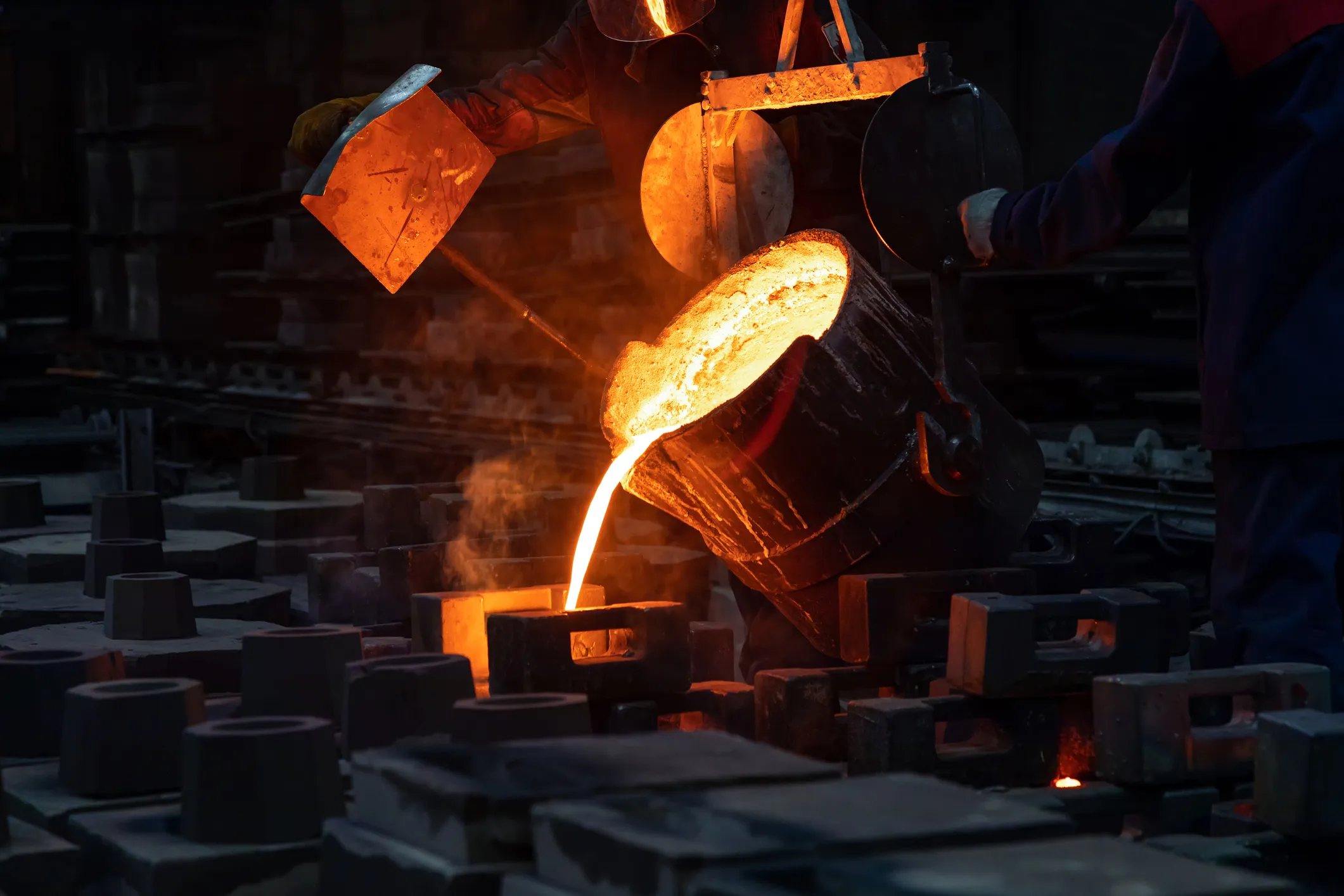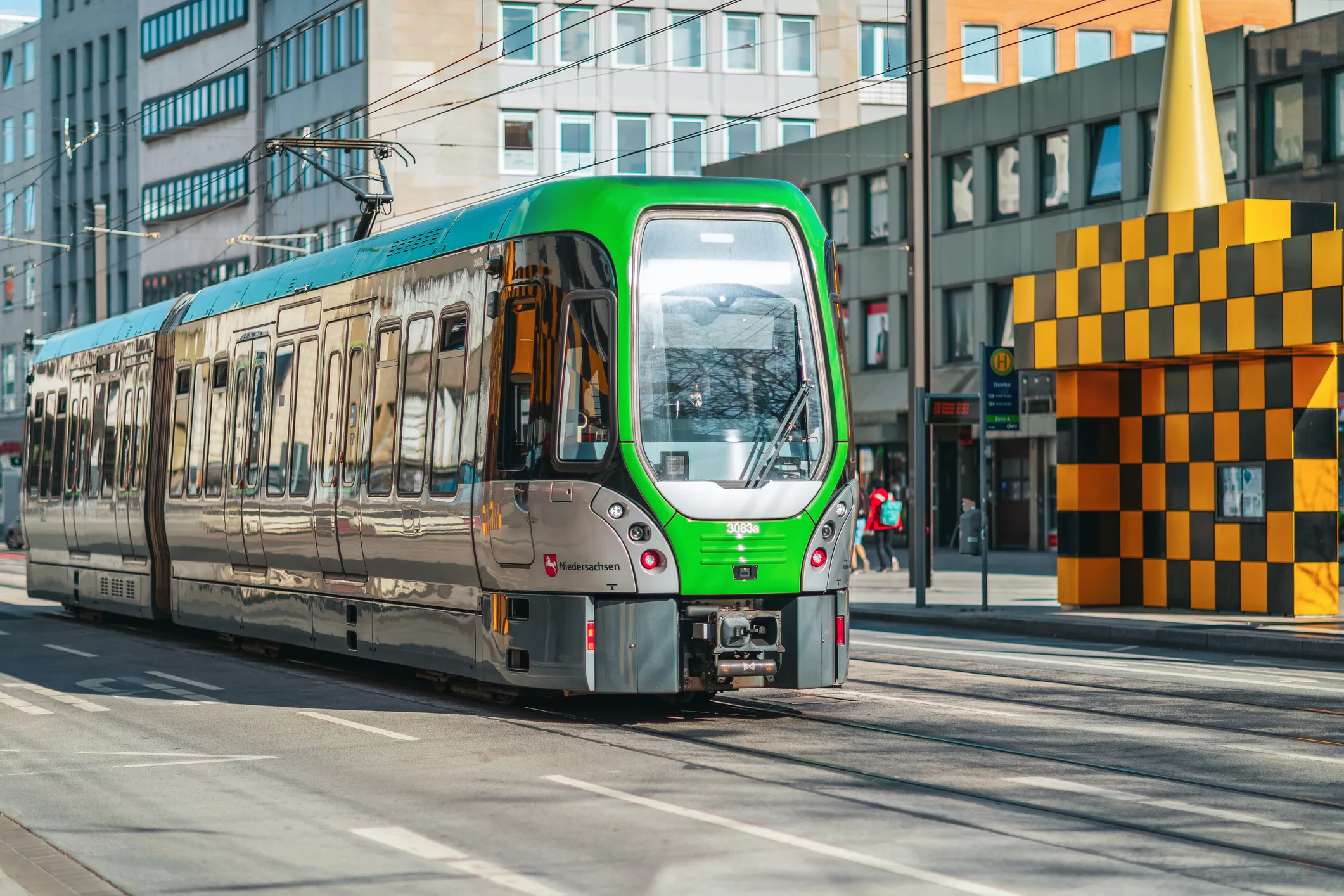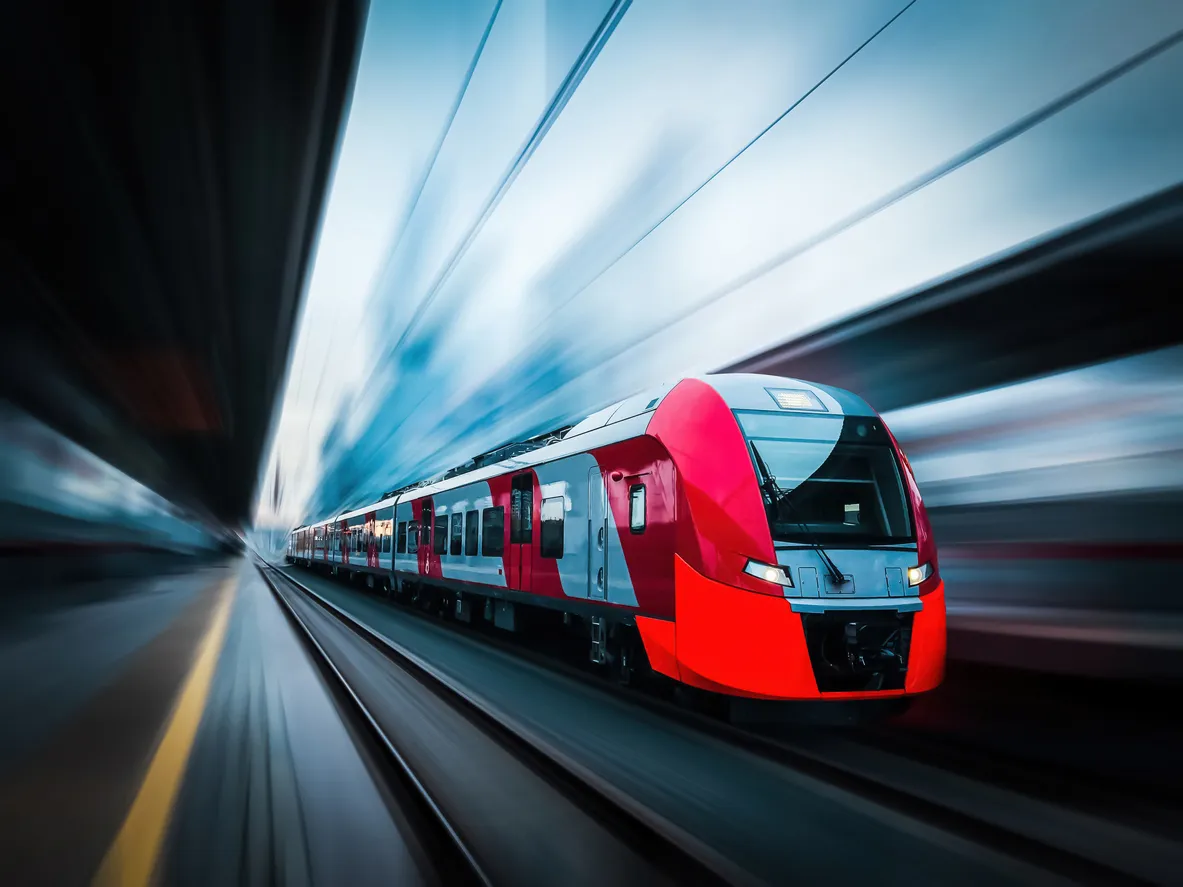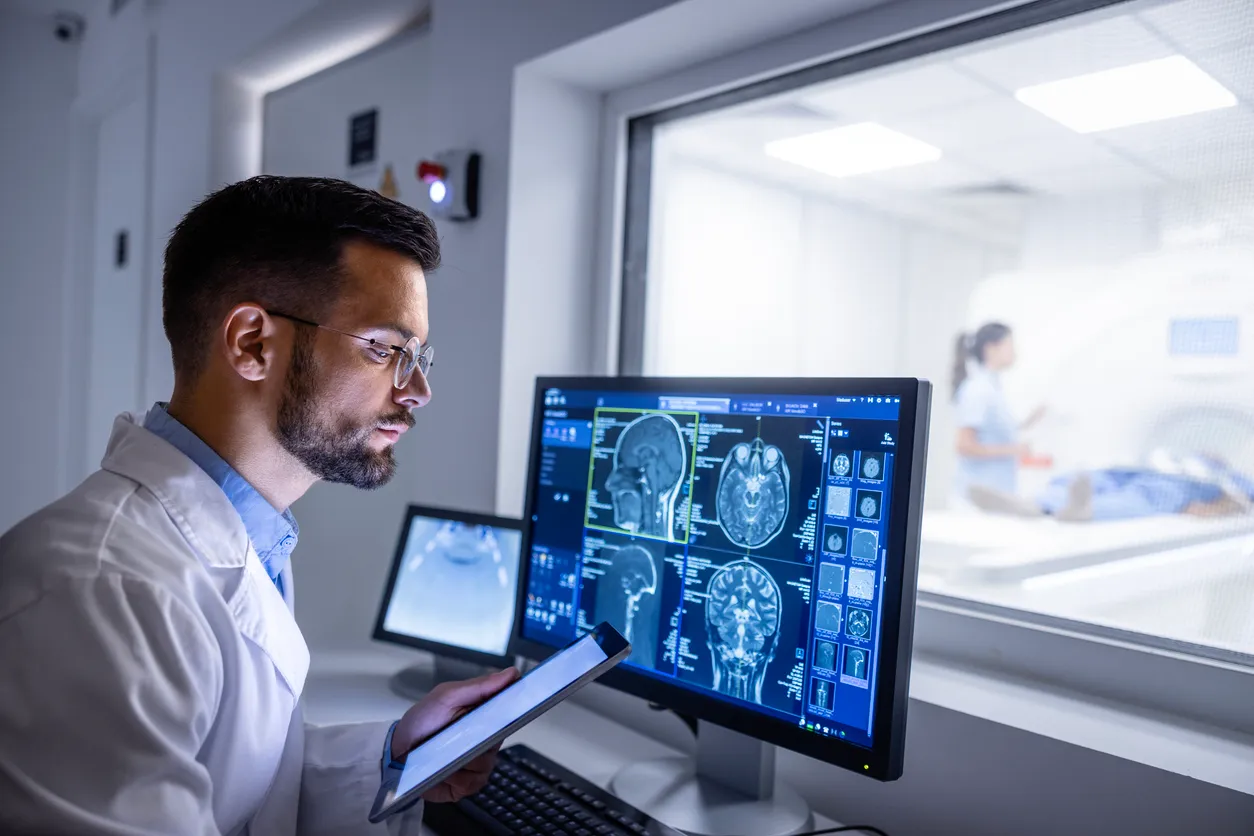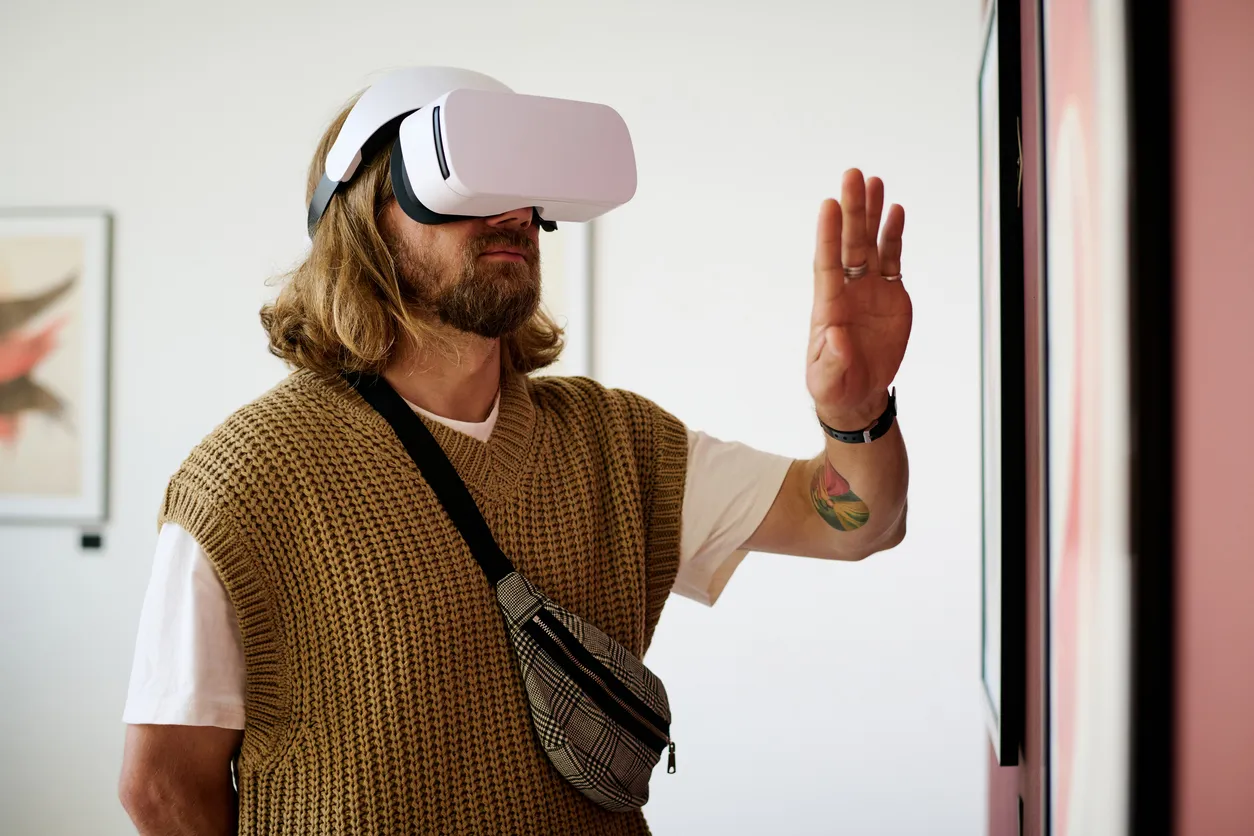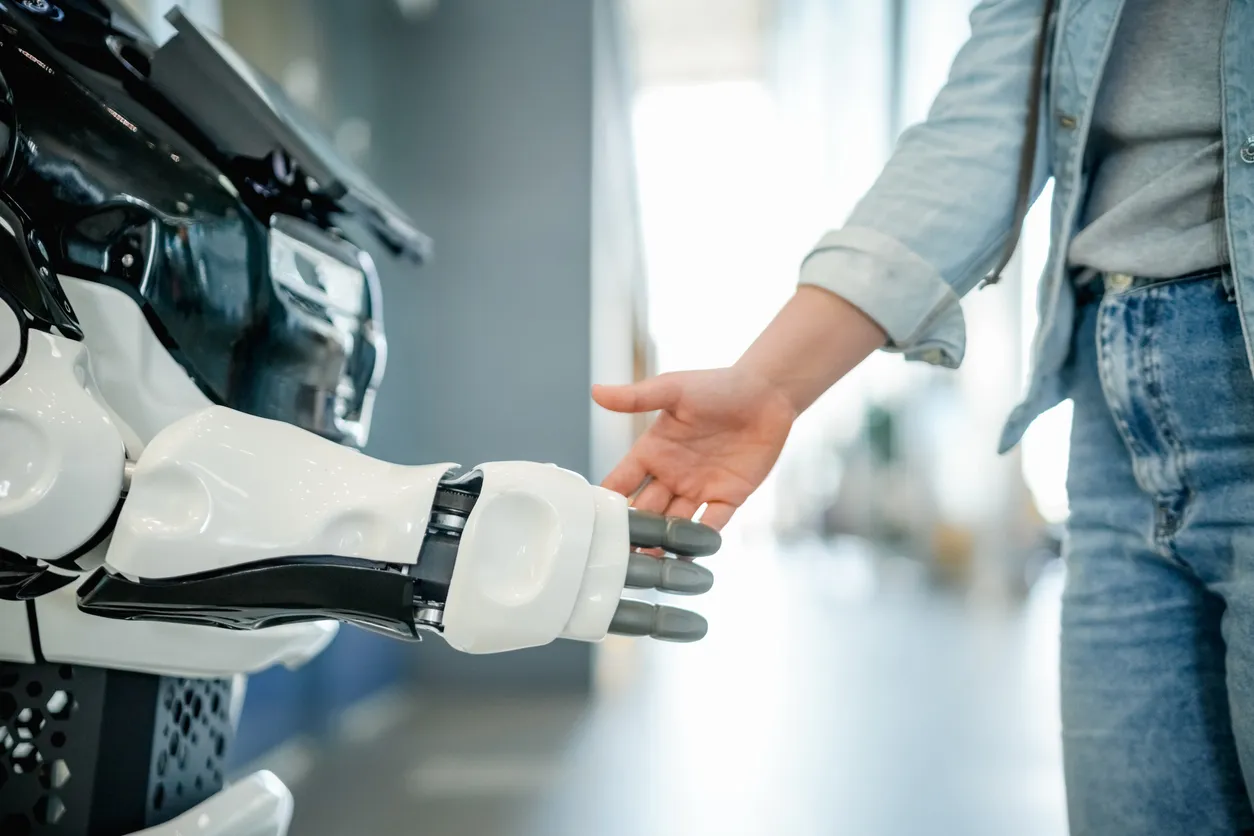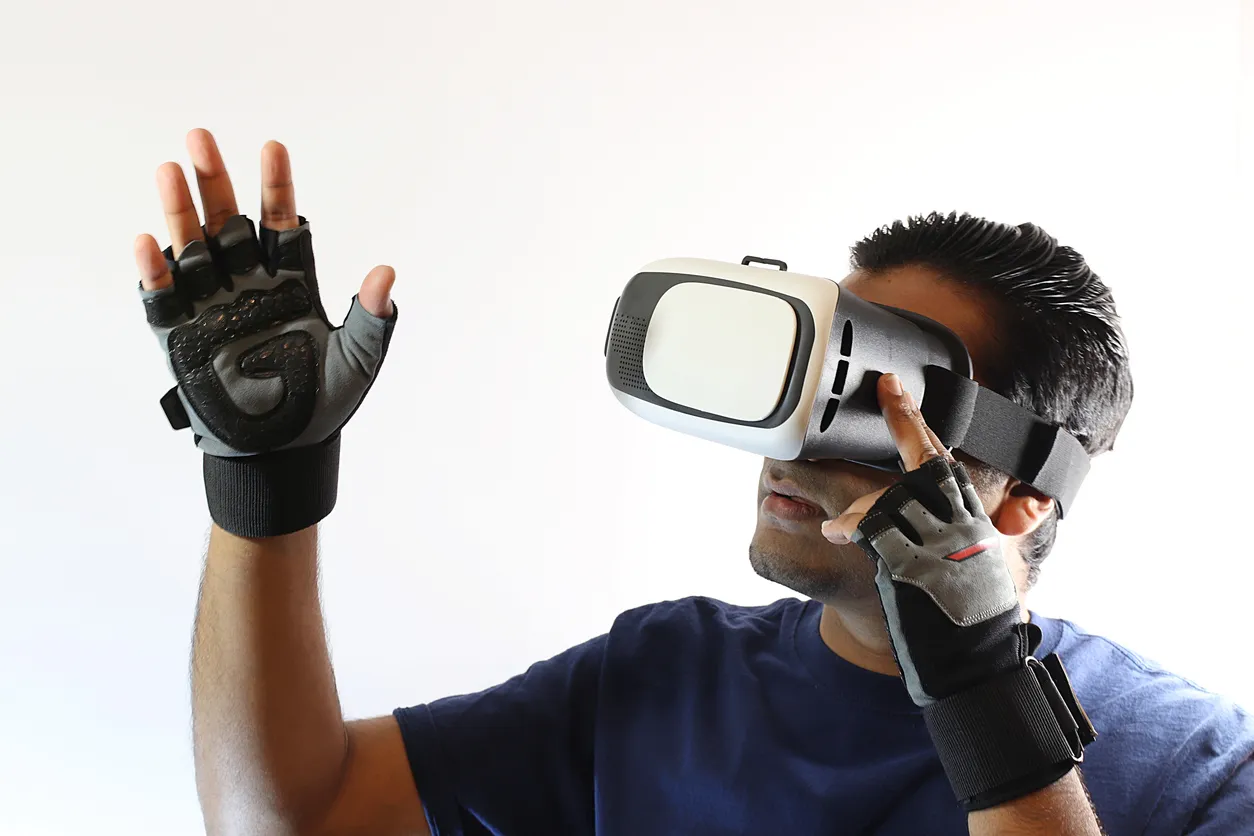Moscow’s 47-Story Space Hub Aims to Redefine Russia’s Space Program
The launch of a massive hub in Moscow unites more than 30 leading aerospace companies and labs under one roof, setting the stage for Russia’s post-ISS ambitions and AI-driven spacecraft design.
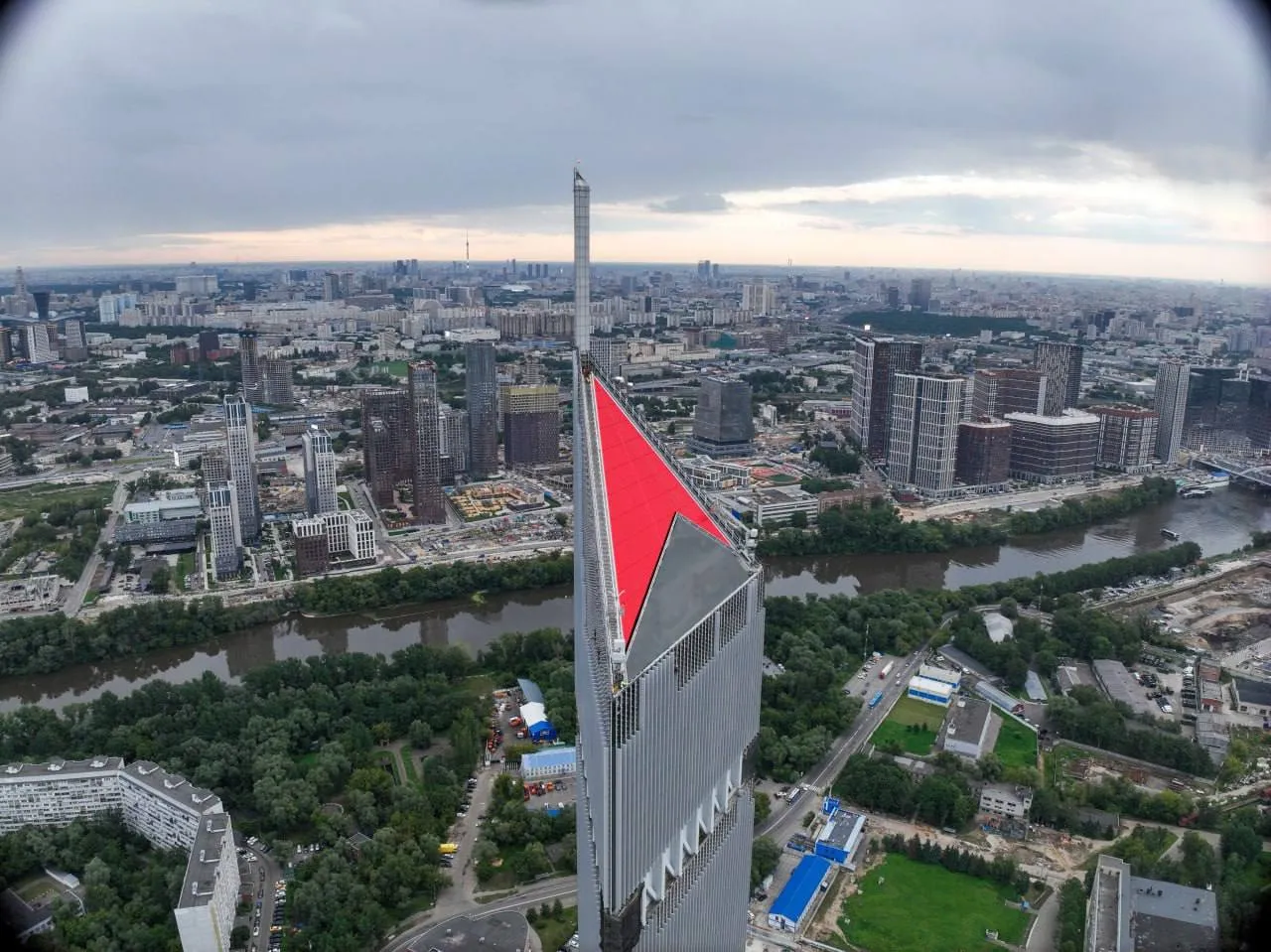
A new era for Russian spaceflight has begun in Moscow, where the National Space Center—the new headquarters of Roscosmos—has officially opened. The complex will consolidate over 30 of the country’s leading space enterprises to accelerate the development of advanced technologies, including the future Russian Orbital Station.
The facility will house the mission control for the upcoming Russian Orbital Station, which is set to replace the International Space Station. According to Roscosmos head Dmitry Bakanov, the center will oversee the entire national orbital fleet, from communications and navigation satellites to Earth-monitoring systems.
One of the defining innovations is the integration of artificial intelligence. In its new labs, engineers will use neural networks to design and model next-generation spacecraft, a move expected to boost both the efficiency and accuracy of development.
The center’s opening was marked by a high-profile ceremony attended by Russian President Vladimir Putin, Deputy Prime Minister Denis Manturov, and Moscow Mayor Sergey Sobyanin. Bringing together industry leaders and research institutes in one ultramodern complex is expected to streamline cooperation and speed up delivery of large-scale projects.
Another priority is building stronger public-private partnerships. The site will host private tech companies as part of the national “Cosmos” program, creating an ecosystem for generating and quickly implementing breakthrough ideas.
Built on Putin’s directive, the 47-story National Space Center is not just another office tower—it is positioned as a catalyst for Russia’s entire space program, reinforcing the country’s status as one of the world’s leading space powers.









